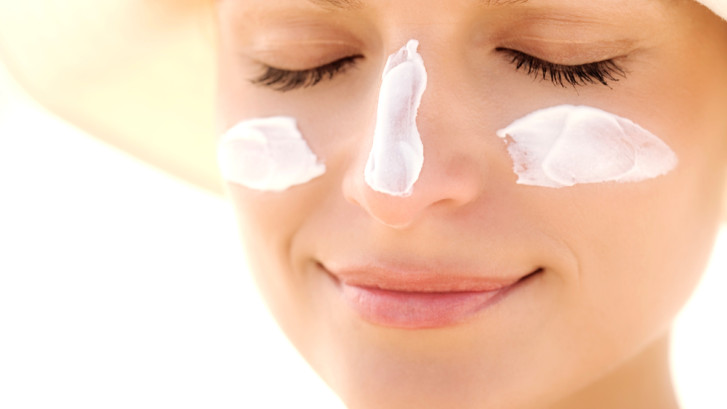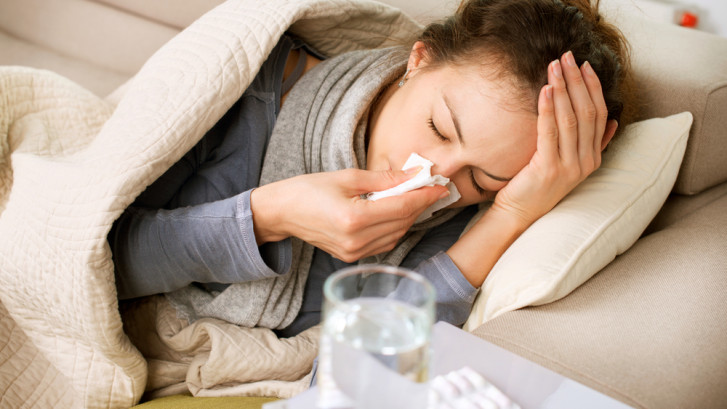Easy Ways To Prevent Skin Cancer
Living in South Florida is like living in paradise. However, many Americans are at a high risk for skin cancer, and the sunshine state can be a dangerous place if you aren’t careful. Skin cancer is the most common type of cancer, and there are many different types. From Melanoma to Lymphoma, skin cancer affects thousands of Americans every year. The main cause of skin cancer is over exposure to direct sunlight. This may be hard to accept for those living in South Florida, but it is important to protect your health as best you can. Here are some ways you can alter your lifestyle to avoid developing skin cancer in the future.
Appreciate the shade
The hours between 9 AM and 5 PM are considered the most dangerous. This is when the sun is strongest, which means your chances of overexposure are high. The closer you get to midday, the greater your risk will be. Seek shade whenever spending long hours in the outdoors. At the beach, use an umbrella to shield yourself from the sun’s rays.
Do not use tanning beds
Many living in South Florida like to have a good tan before they start going to the beach. A slight tan is fine, as long as it is natural. Tanning beds are death traps when it comes to skin cancer. In fact, over tanning naturally is just as dangerous. If you feel you need to tan, keep it light and wear sunscreen. Any medical professional will tell you that a dark tan is not worth the risk.
Sunscreen and clothing are crucial
If you cannot avoid direct sunlight for hours every day, you should be using sunscreen that is about 15 SPF. Also wear long sleeve shirts and long pants. This is not popular advice in South Florida, but a long sleeve shirt is the best way to protect your skin when outdoors. There are even shirts designed with SPF within the fabric. Such shirts can be purchased at most dive or surf shops.
Regular checkups with your doctor are important
If you live in South Florida, you are at a higher risk of skin cancer than most other Americans. You should schedule a routine checkup at least once a year. More if you fear you may be at risk or find any unusual new spots on your body.
Skin cancer is no joke. It is responsible for many lives, but most cases could have been prevented with the proper attention and care. It is never too late to start a healthier life!







